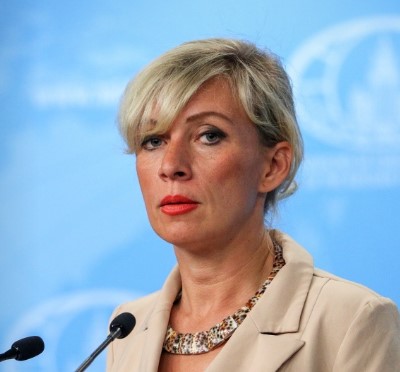The EU has banned broadcasting of Voice of Europe, RIA Novosti and Izvestia
The Council of the European Union has banned the broadcasting of Voice of Europe, RIA Novosti, Izvestia and Rossiyskaya Gazeta in the EU for “military propaganda,” according to a statement on the website of the EU Council.
“These media outlets are under constant direct or indirect control of the leadership of the Russian Federation and have played an important role in promoting and supporting Russia’s war of aggression against Ukraine, as well as in destabilizing neighboring countries,” the statement said.
The EU Council accused RUSSIA of waging “a systematic international campaign of media and information manipulation, interference and serious distortion of facts.” At the same time, Brussels noted that the measure will not prevent media employees “from carrying out activities in the EU, with the exception of broadcasting.”
Russian authorities have repeatedly called Western sanctions illegal. Moscow denied any accusations of media manipulation.
The Voice of Europe publication was created in 2017 and was initially based in the Netherlands, but it was later closed and relaunched in 2023 in the Czech Republic. In the EU, Voice of Europe has been repeatedly accused of disseminating Russian propaganda and associated with the former leader of the Opposition Platform - For Life (OPZZh) party, banned in Ukraine , Viktor Medvedchuk. As Euractiv wrote, since March of this year the publication has been operating from the territory of Kazakhstan.
“We will not call employees, we will continue to work, since we work not for the European Union, but for our readers around the world and primarily in the Russian Federation, as well as in all countries of the world,” the editor-in-chief of the Russian newspaper told RBC newspapers" Vladislav Fronin.
He clarified that access to the editorial website is now prohibited in the European Union.
Since the beginning of the special operation in Ukraine, the EU has already banned broadcasting of several Russian media, including NTV/NTV Mir, Rossiya 1, REN TV, Channel One, RT and Sputnik. In some countries, for example in Latvia, the broadcasting of 80 Russian TV channels was limited. The YouTube channels of many Russian media outlets were also blocked.
The official representative of the Russian Foreign Ministry, Maria Zakharova , noted that blocking the channels of Russian broadcasters is “an uncompromising cleansing of the information space.” According to her, behind these repressions is official Washington, which is cutting off sources of “inconvenient information.”



























































